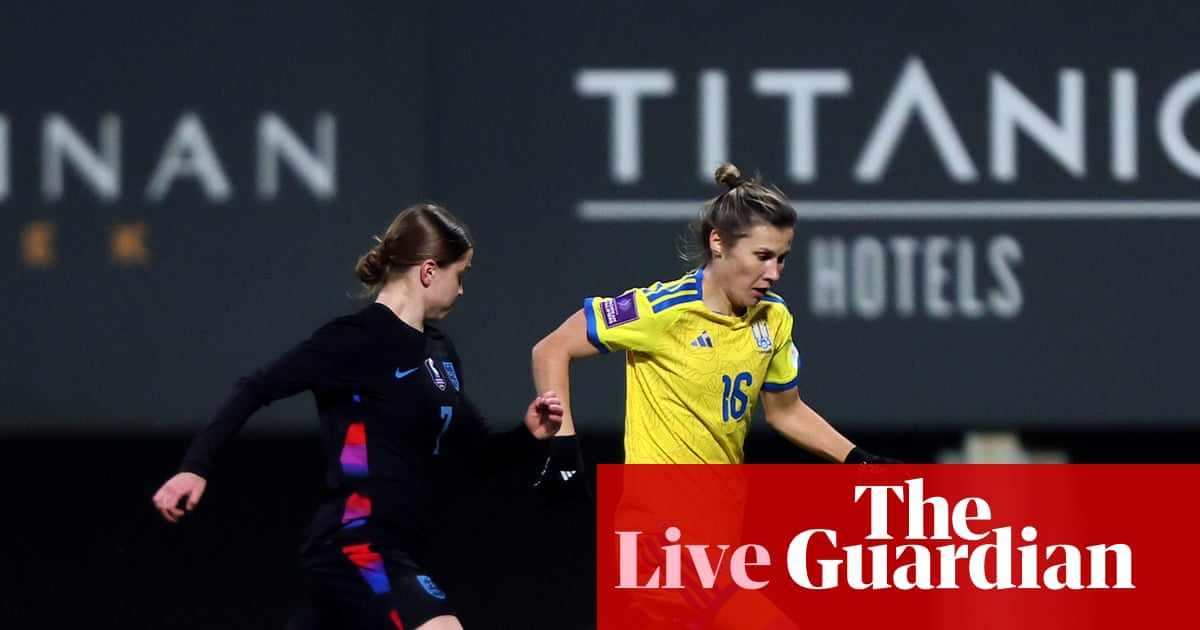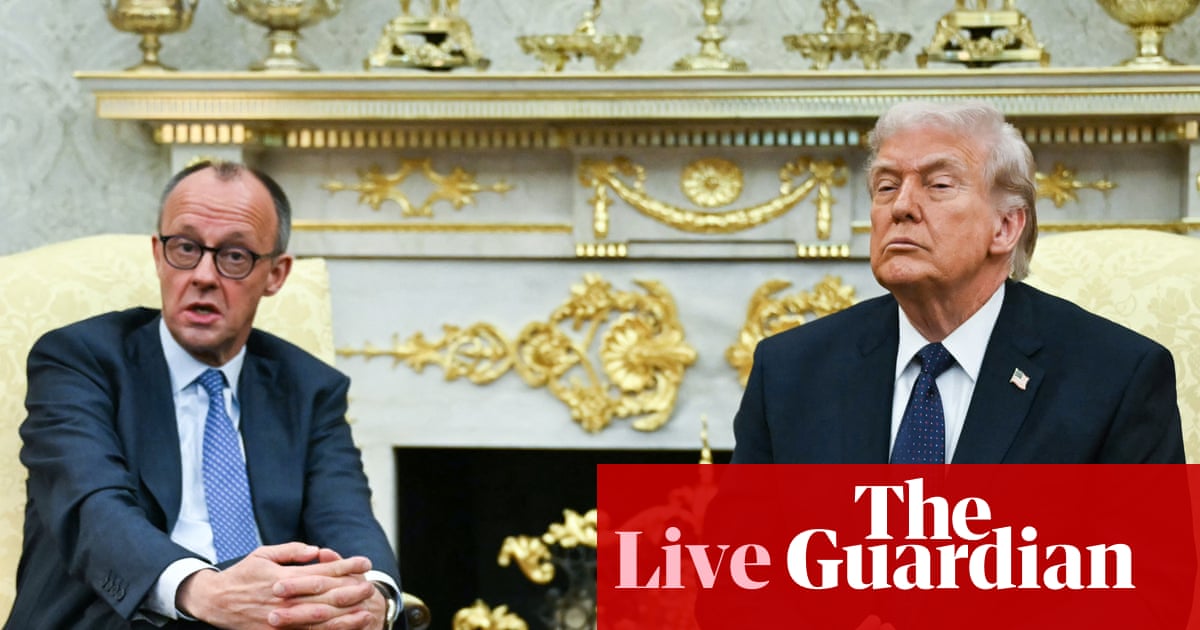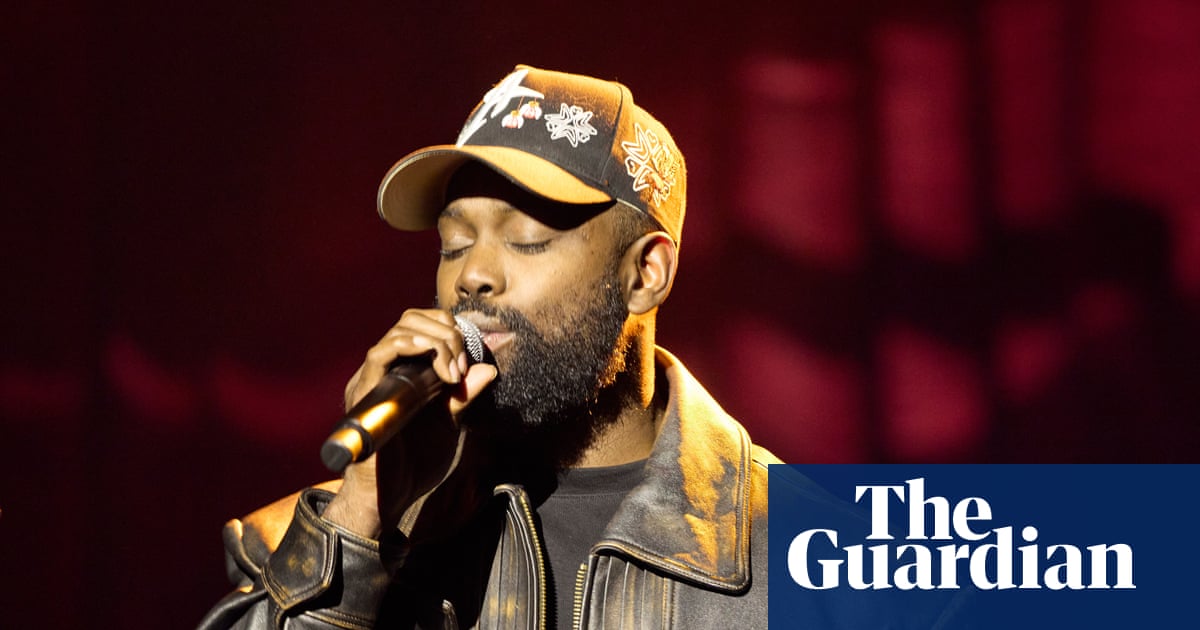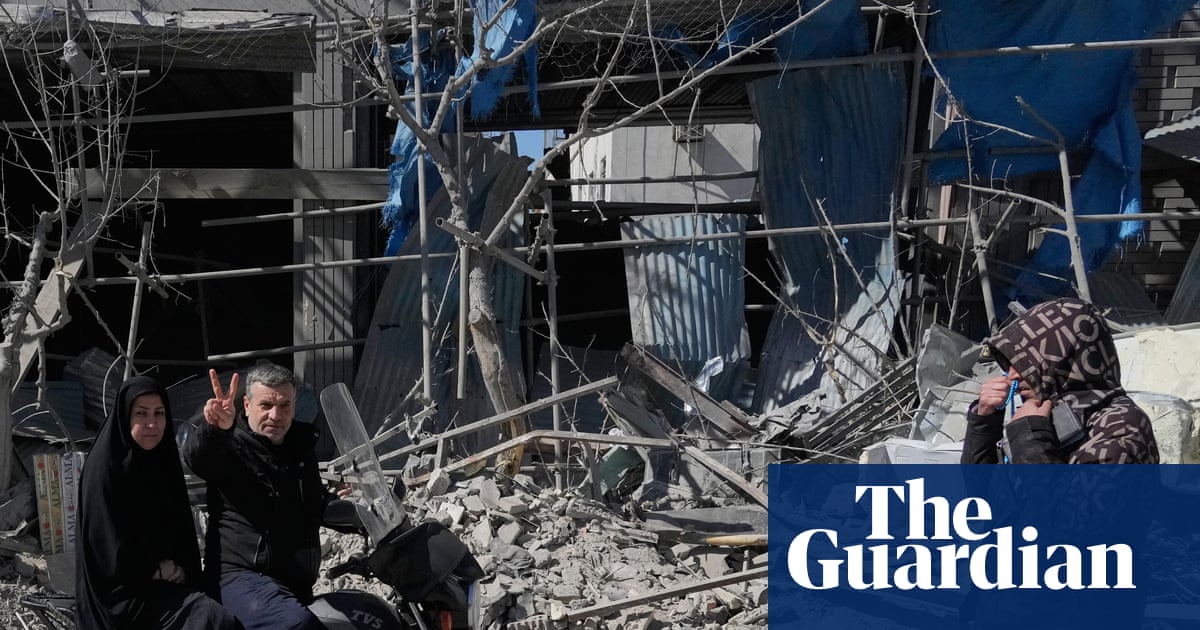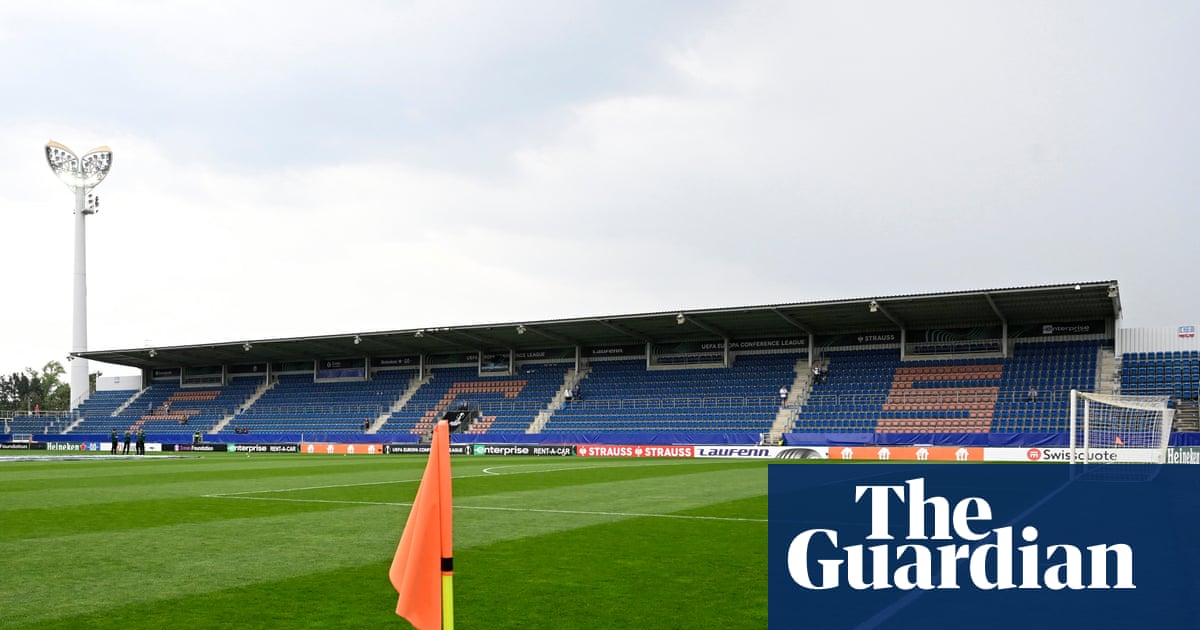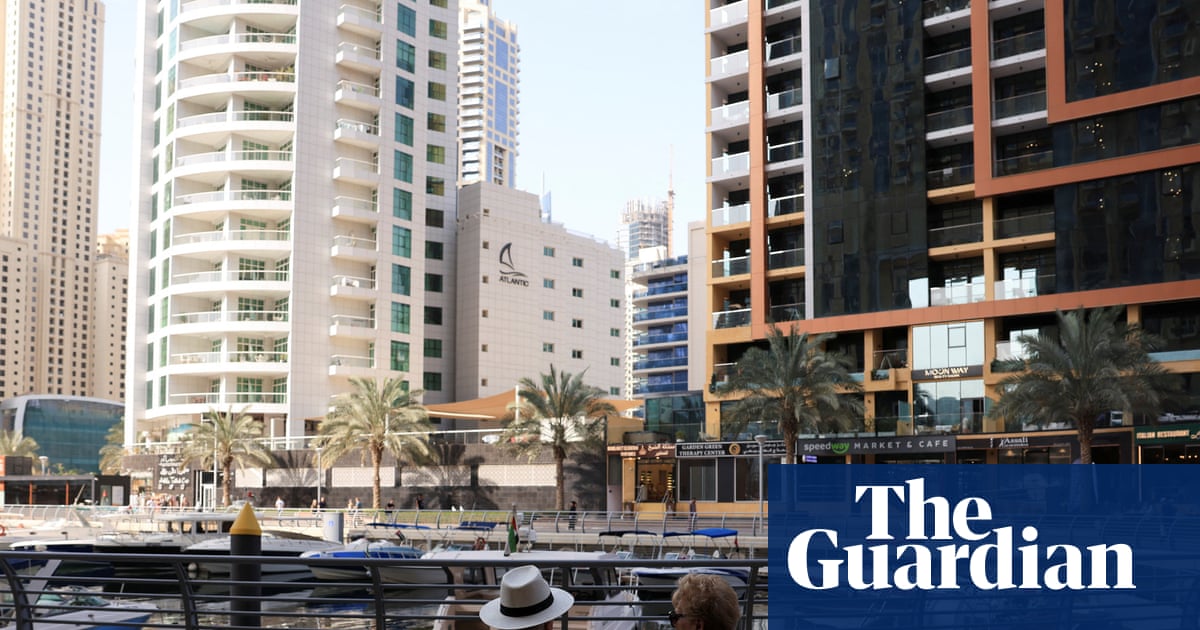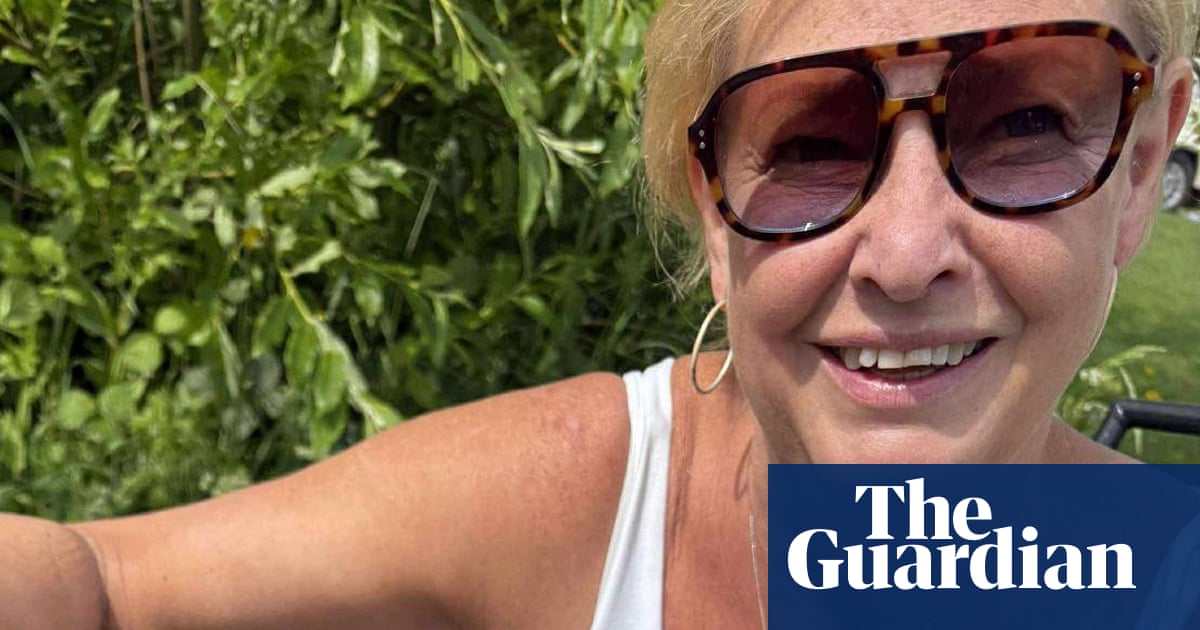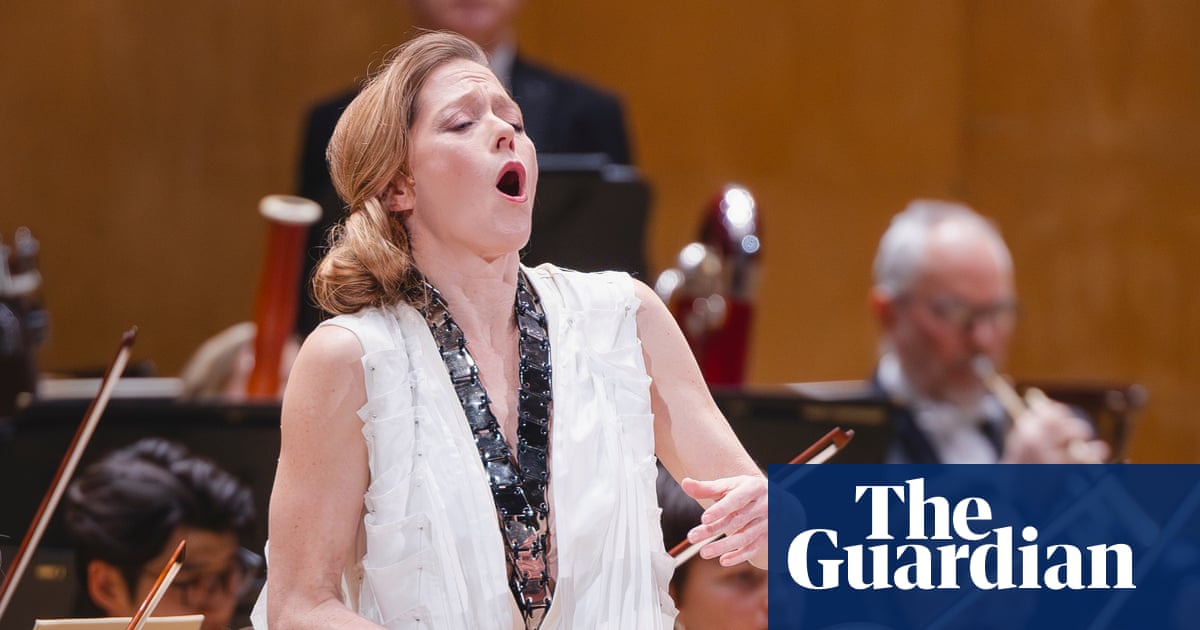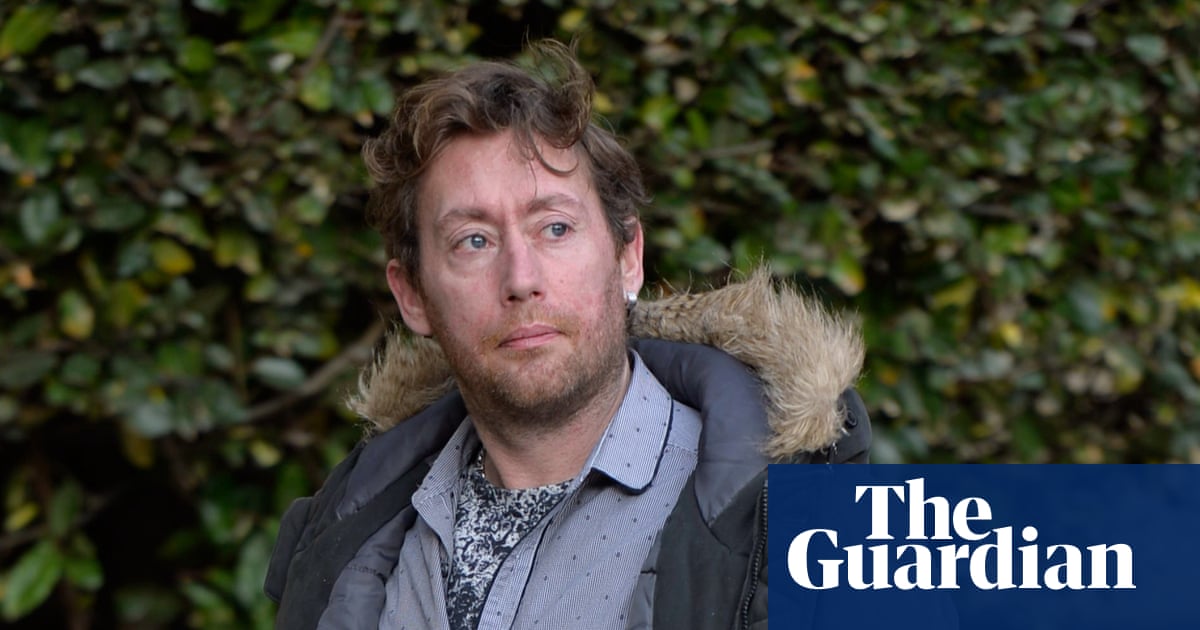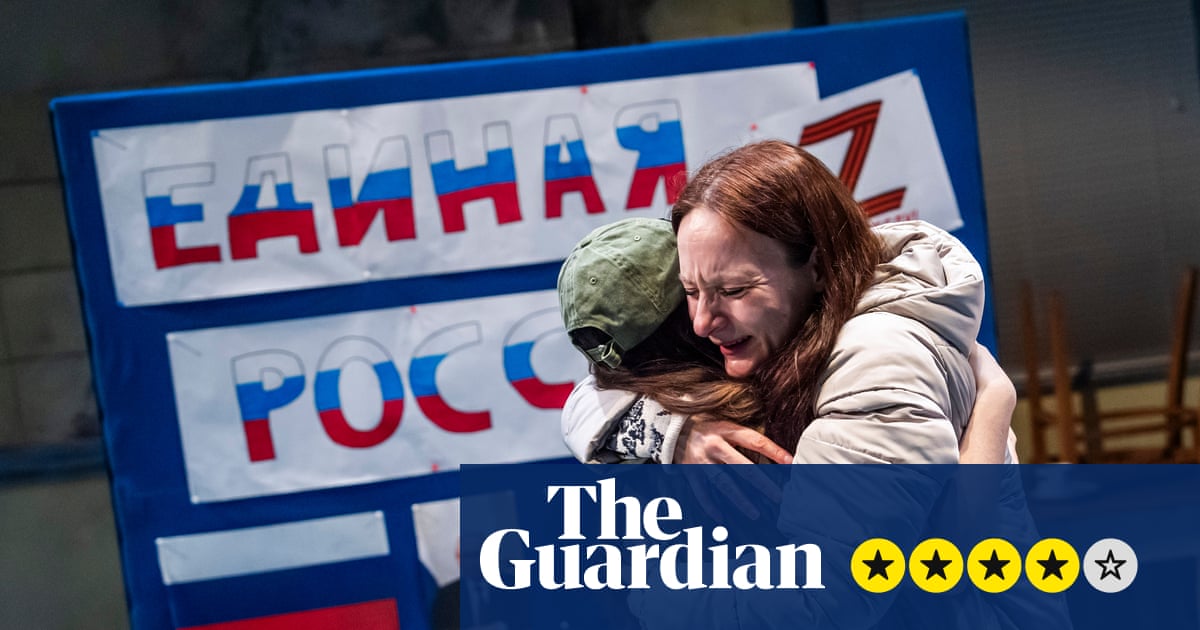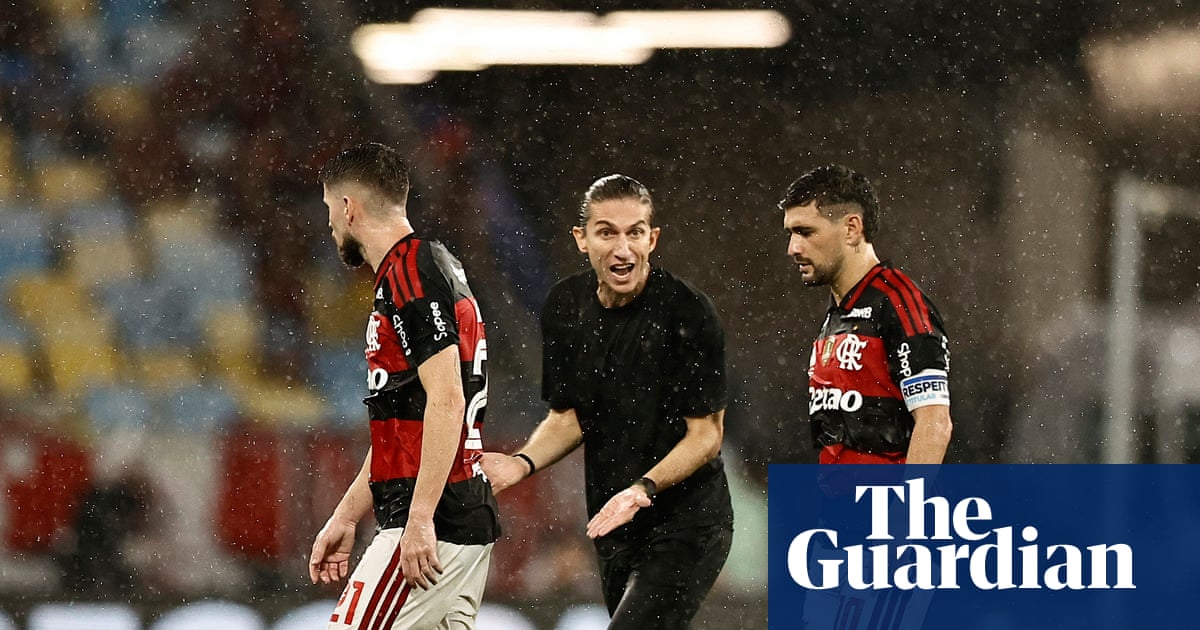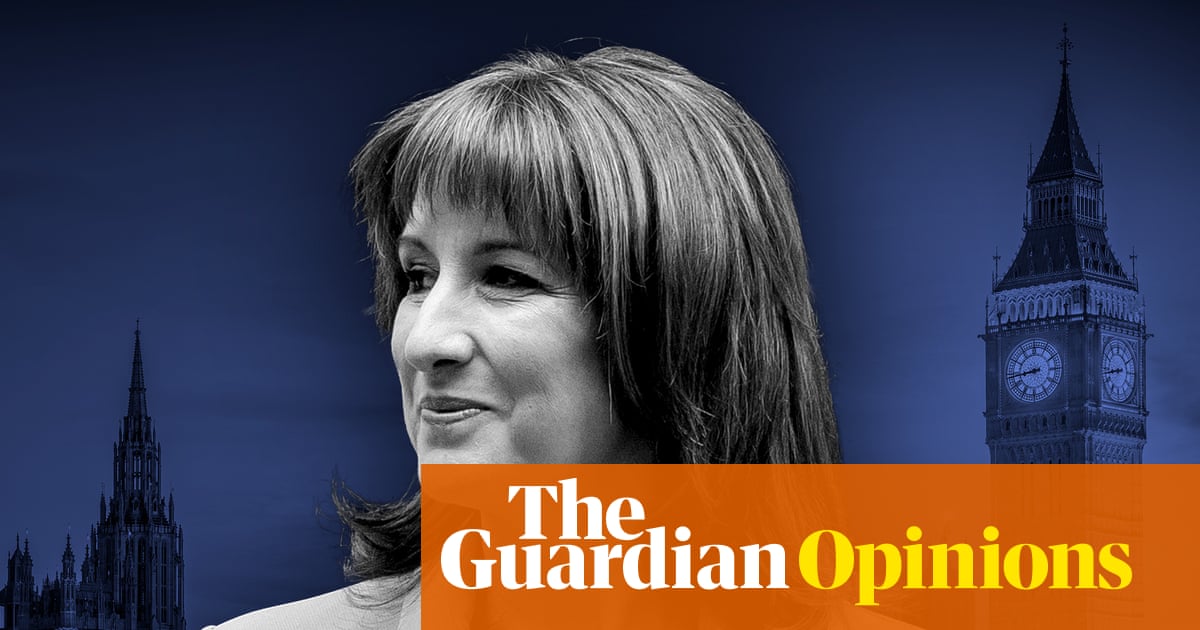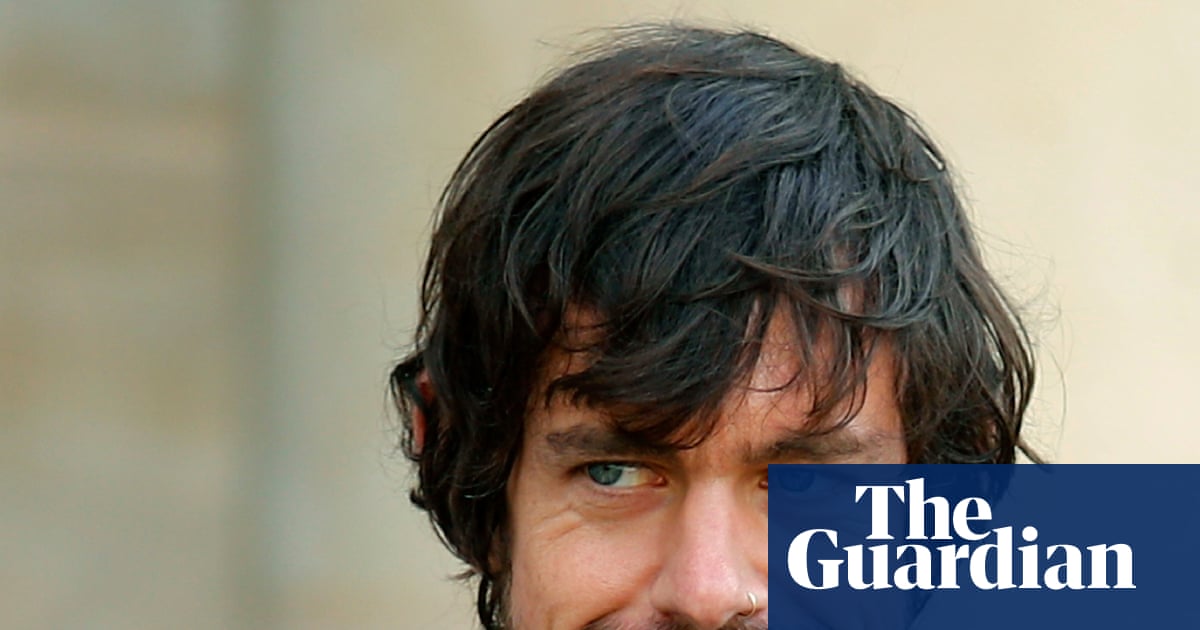Ten years ago, life looked a little different for Anthony Barry. The England assistant coach, whose focus is fixed on helping Thomas Tuchel win the World Cup next summer – nothing less – was playing for Accrington Stanley in League Two. He was in the twilight of a career spent in the bottom two divisions of the Football League and in non-league, and he had taken the first step on the journey that would define him, accepting a voluntary position as the Accrington Under-16s coach.
“It was in the evenings, third of a pitch, asked to do 11 v 11 … flat balls, not enough bibs,” Barry says with a smile. “I was hooked. I’d found what I was destined to do and I thought about what it could become. I’m pretty sure nobody else could see it. But that’s part of dreams.”
Barry’s ascent has been staggering. His reputation for sharp and innovative drills, for excellent people skills, was established in his first senior position as Paul Cook’s assistant at Wigan and it is impossible not to see the dream-like quality to it all. The progression at club level to Chelsea and Bayern Munich. The part-time international roles on the staff with the Republic of Ireland, Belgium and Portugal. How about some of the players he has worked with? Thiago Silva, Kevin De Bruyne, Cristiano Ronaldo. And now it is England; full-time, totally immersive. The “pinnacle”, as he calls it.
“Everything starts with a dream … But I’m a believer that obsession can move mountains, as well. You have the dream but then you bring it down: ‘How do we do it, day-by-day, step-by-step?’ We dream about winning the World Cup. But dreams won’t get it done. We have to build a methodical process that allows us to have the best chance.”
Obsession, especially with the smallest details. Working every hour under the sun – sometimes the moon, too. Processes. Pushing hard at comfort zones. These are the things that underpin the Barry story, which have drawn him to Tuchel almost magnetically, with the attraction very much mutual.
They are at the heart of everything they do with England, everything they are trying to build. The psychological profiling of the players, the minutiae mind-blowing. The heat-proof game model for the anticipated high temperatures at the finals in the US, Canada and Mexico next summer. Above all, the creation of a team in the truest sense, in which every connection is fundamental. “Team England” is the phrase that Barry repeats and there is a snappiness about his language; a thoughtfulness and precision. Do not talk to him, for example, about an “international break”. He despises the term.
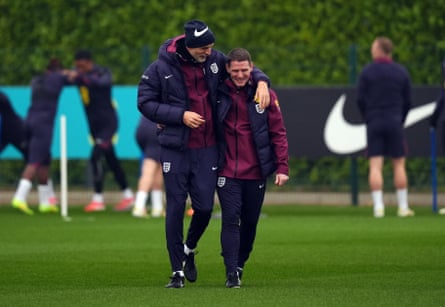
“You’re not coming here for a holiday or a pause, or the level goes down,” Barry says. “We had to build something here that the players want to be part of and, secondly, they feel so stretched when they come that it’s a breather when they go back to the club.”
Barry describes himself – and Tuchel – as being “very greedy” as coaches. “We want to dominate every aspect of the game,” he says. “We want to conquer every metre of the pitch and that’s what we spend many of our days on. It’s our job not only to stay ahead of the trends but to beat them and create our own ones. It’s a constant process to have this problem/solution-finding mentality. And it’s to make the complex clear.
“We have 50 days with the players [before the World Cup finals]. We have to play a complex game that gives us a tactical advantage and we have to make it so clear in our 50 days with them. It’s to take it from idea to information to knowledge to execution.
“To build a methodology that allows us to be productive in the 50 days, we have to use the whole 500 we’ll have had since we took the job. In the time we don’t have the players, we have to build relationships with them. We have to spend time on the phone with them, we have to see them in stadiums, feel them, touch them. If we just use the 50 days, we have no chance.”
Barry is preparing for the final pair of World Cup qualifiers – against Serbia at Wembley on Thursday and Albania in Tirana three days later. England have guaranteed their place at the finals on the back of six wins out of six with six clean sheets. But there will be no easing off; on the contrary. This is the time to reinforce the team’s identity, for further momentum.
“Thomas and I are both pretty clear that the style of play should represent everything that is good about the Premier League,” Barry says. “The athleticism, the versatility, the physicality, the honesty. The England jersey should be harder than ever to get but light to wear. It should feel like a cape and not body armour.
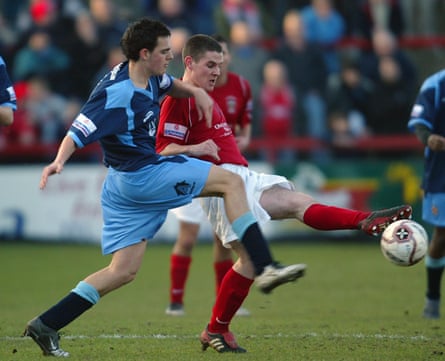
“To make it light, we have to give them a style that allows them to move and run like they do every week, that resonates with them and allows them to take the handbrake off. They must be stuck less in thinking and more in doing.
“There are emotional wins you can get as a coach in the first and final thirds – playing out from the back, pressing from the front. But in the middle area of the pitch, those 24 metres, we feel the game has become stuck, particularly in the Premier League. Everybody has so much information now. They know how to set up – mid-blocks, deep blocks. We are really trying to focus on accelerating the game across those 24 metres.”
Barry’s thirst for improvement is all-consuming. When he studied for the Uefa pro licence during his time at Wigan, he was worried about the presentation at the end of the 18 months, especially as his class contained luminaries such as Frank Lampard and Michael Carrick. So, to build his skill set and confidence, he went into the most challenging environments he could find to practise giving them. One was HMP Walton in his home city of Liverpool, where he also took inmates for a training session.
Barry graduated in 2020 at the top of the class and his dissertation – The Undervalued Set Piece, for which he analysed 16,154 throw-ins – became a published work. Lampard was among those won over and he brought Barry on to his staff at Chelsea in August of that year. When Lampard was sacked in January 2021, it said plenty that Barry was the only one of his coaches the club retained.
Lampard’s successor at Stamford Bridge was Tuchel and, four months later, he and Barry won the Champions League. When Tuchel was dismissed, Barry stayed on under Graham Potter. But when Tuchel re-emerged at Munich in March 2023, he got Barry out of Chelsea and back alongside him. The Football Association see them as a double act akin to Gareth Southgate and Steve Holland.
after newsletter promotion
“I’ve never seen anything like Thomas in terms of personality and methodology,” Barry says. “He didn’t walk into Chelsea, he swept in, he floated in. He was almost like a UFO. There’s something about Thomas … there’s stardust there. It’s the X-factor we all look for. To say I fell in love with him wouldn’t be an understatement.
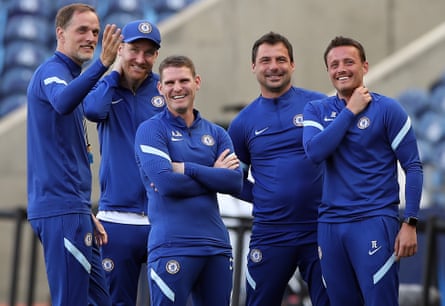
“For both of us, there’s always another clip, another training session, another game. Enough is never enough. His mind never switches off. He is obsessed with building teams and building players. That’s why we’re so aligned. The messages can come at any hour but I have to be honest, I can answer at any hour as well.”
To listen to Barry is to hear echoes of Tuchel, particularly when it comes to Team England. “If you build a band and you put 11 lead singers on the stage and throw them one mic, will they produce top music?” Barry says. “I’m pretty sure it won’t happen. You need drummers, guitars, backing singers. What we try to build here is a team because a team wins titles. It’s not just about putting what everyone perceives to be the best 11 players on the pitch together.
“Who you are and what you represent is far more important than what you do. What I mean by what you do is the Xs and Ys – move here, do this, play here, do that. In international football, you will never create a team that can play the way the Barcelona of old did or the recent Manchester City. But if you can create something … a brotherhood, an energy between each other then that is the petrol in the car in international football.
“We have 360-degree profiling of all the players – psychological, technical, tactical, physical. We don’t view them as just individual players but how they interact with each other. How will this player affect this player psychologically? How can he play with him tactically?
“On the psychological side, there is a subjective element. What do we feel about this character? But we have psychologists that work with us and we have metrics that can give us scoring systems in games. They’re about body language, how the players behave and interact. Whether they give information in a way to tell somebody what to do … to support them in a poor moment.”
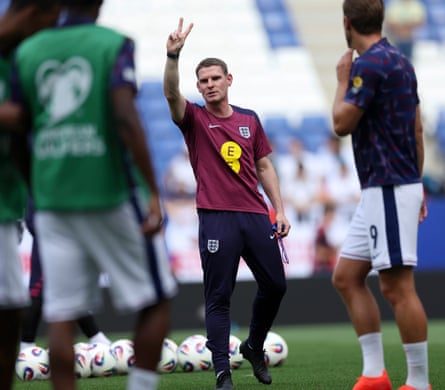
The heat is on and, as Barry knows, it will only be hotter next summer. “It is our job to build a heat-proof game model that can be successful,” he says, which will take in selections, rotations and substitutions. “We’ll look at the metrics from the Club World Cup in the US last summer when Chelsea were successful. It already gives us a lift to know that English teams can go out there, play their style and do good.
“But what I would say is that even if you build the top heat-proof model, the environments out there do not facilitate world-class football. So for me, it’s going to be a tournament of moments. You’re not going to see the best team playing the best football. The team that wins the World Cup will be one of moments and, to say it again, it will be a team – because you’re going to have to suffer.
“It will be the team that has this ‘Bring it on’ mentality. It’s hot. Bring it on. We’ve got late flights. Bring it on. We play eight games, not seven. Bring it on. There’s a storm. Bring it on. We’ve got a flight with time difference. Bring it on. Bring it on. Bring it on.”

 3 months ago
78
3 months ago
78
